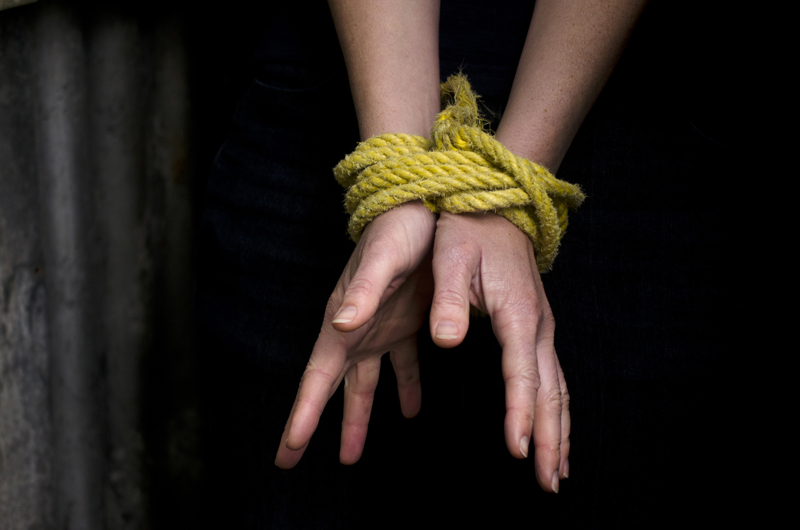Lieutenant Governor has highlighted human trafficking as a major challenge, along with drug smuggling and the illegal arms trade. Human trafficking is an extraordinary challenge, with national and international criminal networks involved. The need is for an integrated approach, involving all stakeholders and law enforcement agencies, to prevent and combat human trafficking. The anti-human trafficking cells are already active in 11 districts of the UT, with plans to set up more. The Chairperson of the National Commission for Women highlighted the seriousness of human trafficking and the need to raise awareness about it. The Chief Justice of J&K and Ladakh High Court emphasised the importance of prevention and the role of the judiciary in bringing perpetrators to justice.
Traffickers typically prey on individuals from impoverished backgrounds, especially those who lack education, employment opportunities, or social support. They use various methods to lure or coerce their victims, such as false promises of jobs, marriage, or better living conditions, abduction, drugging, and physical violence. Traffickers may also collaborate with intermediaries or agents, who act as recruiters or transporters and use various routes to move their victims across State and National borders, often using fake documents or bribing officials. Once the victims are trafficked, they are often subjected to inhumane and abusive conditions, including confinement, forced labour, sexual exploitation, organ trade, and physical and psychological violence. They are also often isolated from their families and communities and denied access to basic necessities such as food, shelter, and healthcare.
Human trafficking is a complex and pervasive problem that requires a concerted effort from law enforcement agencies, the Government, civil society, and individuals to prevent and combat it. The Government has strengthened laws related to human trafficking and established dedicated police units to investigate cases of trafficking. Additionally, the Government has also established special courts to fast-track the prosecution of traffickers. NGOs and the Government have been working towards raising awareness about human trafficking among vulnerable communities, such as women and children, as well as the general public. This includes running campaigns, organising workshops, and using social media to spread awareness. The Government has set up rehabilitation and reintegration programmes for victims of trafficking, which include medical and psychological care, education, vocational training, and support for reintegration into their communities. The Government has strengthened border control measures to prevent cross-border trafficking, including setting up checkpoints, training border guards, and improving surveillance technology. NGOs are also involved in providing legal aid, shelter homes, and other support services for survivors of trafficking. The Government has initiated various schemes and programmes to empower women and girls, such as providing education, skill training, and employment opportunities. This helps reduce their vulnerability to trafficking.
Human trafficking has severe and long-lasting effects on the victims, their families, and society as a whole. Trafficked individuals often suffer physical and psychological harm, including physical abuse, sexual abuse, torture, and emotional trauma. Victims of human trafficking often suffer from physical and mental health problems, including sexually transmitted infections and substance abuse. Trafficked individuals often lose their sense of identity and autonomy as they are forced to take on new names, identities, and roles. Human trafficking has an economic impact as it undermines the labour market by creating unfair competition and reducing wages for legal workers. Human trafficking is often linked to other forms of criminal activity, including drug trafficking, arms trafficking, and money laundering. Trafficking in persons violates a range of human rights, including the right to life, liberty, and security of person, as well as the right to work, education, and health.
Overall, it is a social evil and most important is to take steps to prevent and combat this crime. Much has to be done as there is still a long way to go in the fight against this crime, and a continued effort from all stakeholders is needed to ensure the safety and security of vulnerable individuals in India.


